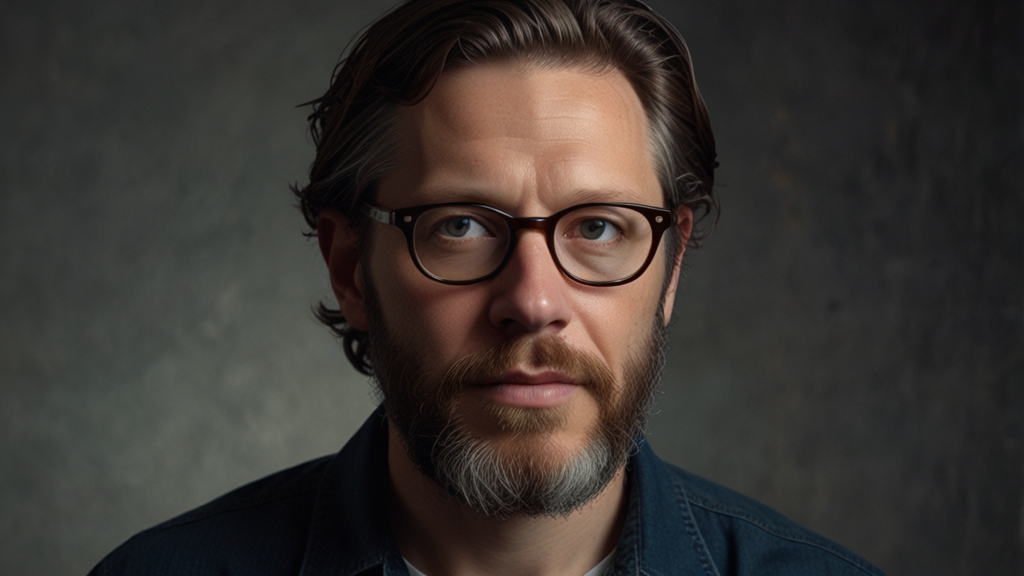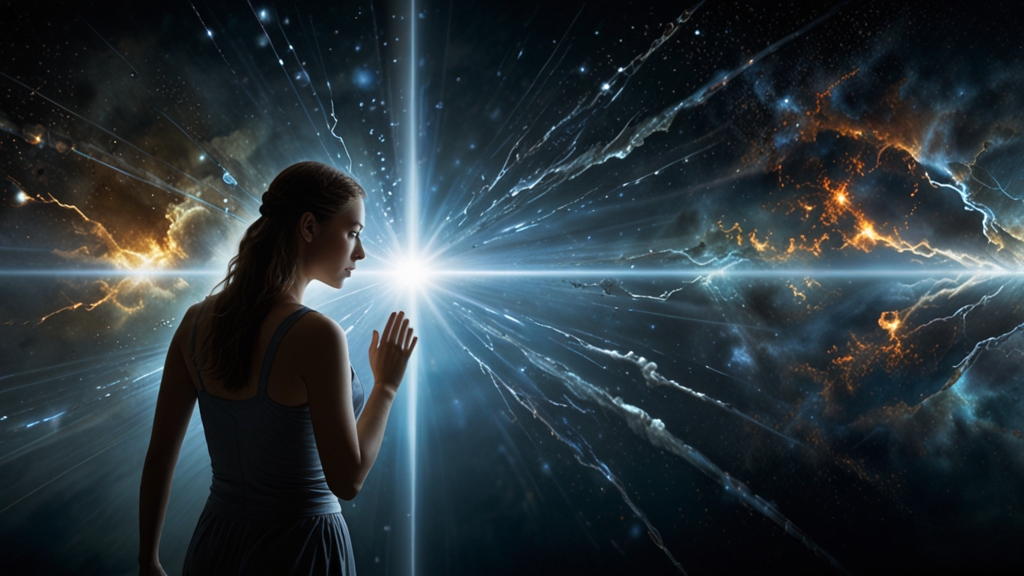The Prophetic Message of Hope: Finding Light in Dark Times
In times of adversity, confusion, or despair, the innate human longing for hope becomes more pronounced. Throughout history, prophetic voices have often emerged as beacons of light and sources of comfort, guiding souls towards a more hopeful horizon. These messages of hope, rooted in spiritual and moral insights, play a crucial role in illuminating the path forward during dark times.
The Timeless Nature of Prophetic Wisdom
Prophetic messages are not confined to one era or culture; they traverse the boundaries of time and geography. They resonate with an intrinsic call to the human spirit to rise above current sufferings and to envision a future filled with possibilities and renewal. Such messages often remind us that human history is a narrative punctuated by cycles of hardship and recovery.
“Even the darkest night will end and the sun will rise.” – Victor Hugo
These words from Victor Hugo echo the timeless wisdom of countless prophets who have assured humanity that despair is temporary, and a new dawn is always on the horizon. This central theme of hope and renewal is a critical component of the prophetic message.
Reflections from Religious Texts
Many of the world's major religions encapsulate prophetic messages within their sacred texts, offering hope in the face of trials and tribulations. For example, in the Christian tradition, the Bible speaks extensively about hope. The Book of Isaiah, for instance, prophesies about a future where peace and justice will prevail: "Nation will not take up sword against nation, nor will they train for war anymore" (Isaiah 2:4).
“For I know the plans I have for you, declares the LORD, plans for welfare and not for evil, to give you a future and a hope.” – Jeremiah 29:11
Such verses provide reassurance that, despite the current chaos or suffering, there is a divine plan paving the way for a brighter future.
The Role of Modern-Day Prophets
In contemporary settings, prophetic voices might not be the mystics of old but rather modern leaders who inspire hope and positive change. Figures such as Martin Luther King Jr., Mahatma Gandhi, and Nelson Mandela have played prophetic roles in advocating for justice, peace, and human dignity. Their lives and messages continue to inspire generations to overcome adversity with hope and determination.
Dr. King’s prophetic vision of a racially harmonious America, encapsulated in his "I Have a Dream" speech, embodies the essence of finding light in dark times. His message, though rooted in a specific socio-political struggle, carries a universal appeal that transcends racial and geopolitical boundaries.
Cultivating Personal Hope
While prophetic messages serve as a compass pointing towards a hopeful future, personal cultivation of hope is equally crucial. Individuals can foster hope by nurturing positive relationships, setting personal goals, and engaging in spiritual or meditative practices. In essence, while prophetic messages provide the overarching narrative, the daily acts of hope and resilience by individuals weave the fabric of a hopeful reality.
During dark times, it is essential to remember that hope is both a collective and individual endeavor. It requires a community of supportive voices and actions, as well as personal commitment to maintaining a positive outlook.
Conclusion
The prophetic message of hope remains relevant across the ages, reminding humanity that darkness is never permanent. Whether derived from ancient scriptures, modern leaders, or personal reflection, these messages serve as a vital source of strength and inspiration. Embracing these prophetic visions equips us with the resilience to navigate through our darkest hours and to emerge into the light of a new, hopeful dawn.
"Hope is being able to see that there is light despite all of the darkness." – Desmond Tutu








